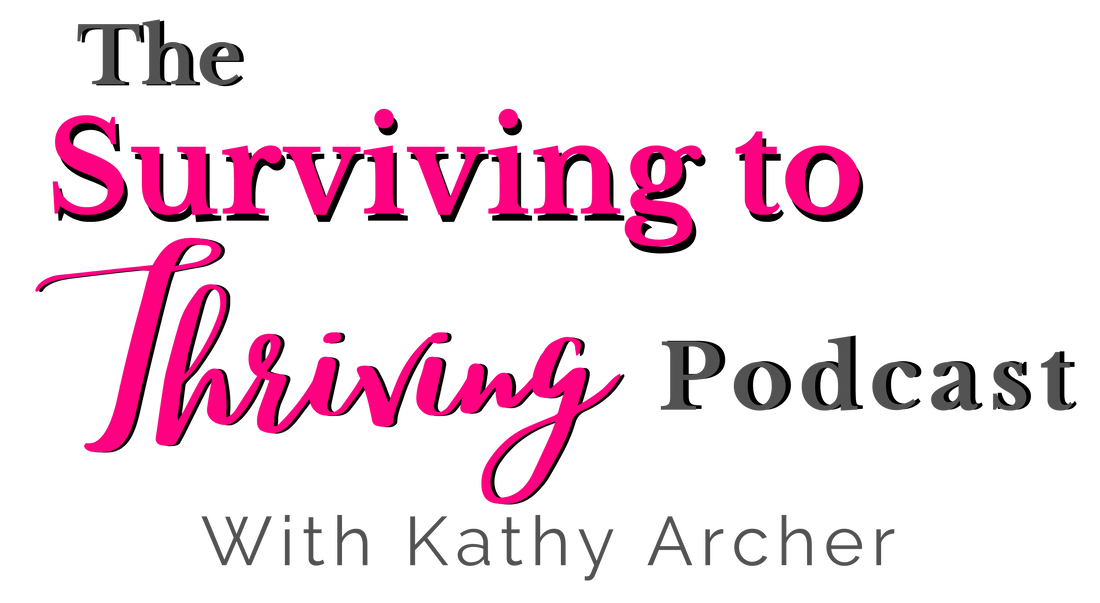|
When I moved from peer to peer manager in my nonprofit, I didn't realize how hard it would be on friendships I'd developed over the past several years. Nor did I realize how hard it would be to create new boundaries as a new leader. But it was!
Women leaders struggle with past friendships. Sarah echoed that sentiment at a recent training I did. She'd moved from peer to team lead less than a year ago and was now needing to address performance issues with her friend, and she was dreading it!
You may be nodding your head right now, knowing full well what these ladies are talking about Even if you made it very many years ago, that transition still gets you in trouble if you have not created new relationship parameters with your friends. But research shows you should have a best friend at work. I want to start this conversation by asking you if you have a best friend at work. Gallup measures your response to that question as of the 12 questions it asks to measure engagement in the workplace. Gallup's research has found that women who strongly agree they have a best friend at work are more than twice as likely to be engaged (63%) compared with the women who say otherwise (29%). In their Women in America: Work and Life Well-Lived report, Gallup found that two-thirds of women say the social aspect of a job is a "major reason" why they work. So let yourself off the hook if you have friendships at work and crave friendships at work. It's normal and even, in my opinion, necessary. The key is those friendships need to be developed with different people as you move into leadership positions. And you need to re-define the relationships you have with friends previously. Friendships are different than being friendly. Rather than define the difference, let's look at synonyms because I think it points it out very clearly. Other words for a friend: chum, crony, confidant. Other words for friendly: kindly, cordial, helpful, receptive If you cringed at the first list, I know you know the difference! Friendships versus friendly examples It may be helpful to look at some examples now. Does going to someone's house after work mean you are friends or just being friendly? That depends. Is it just you, or only a few of the employees? Or is everyone on the team invited openly?
When is having a conversation with someone about a coworker appropriate for a leader/subordinate conversation? That depends. Who's behaviour are you focused on? Coworkers often vent and gossip about others in the workplace to find commonalities, create connections, and share struggles. The conversation between leaders and their subordinates focuses on the subordinate's behaviour with their peers. The leader often coaches them to be their best self.
So how do you move from being friends to creating some boundaries with your friendships? Here are 4 tips 1) Have an open and honest conversation with your friend that the relationship will or has changed. Acknowledging that the relationship has changed will lay the foundation for a stronger trusting relationship in the future. 2) Get clear on how the boundaries change for yourself. For example, Saturday night wine nights may not be an option now. Nor will the conversations about certain people on the team be appropriate anymore. So what is the line that you now need to draw? 3) Begin to state those boundaries overtly as well as model them. When conversations come up that are inappropriate for your newly structured relationships, steer the conversation in a different direction or clearly state that we can't be having these kinds of conversations anymore. 4) Most importantly, become very self-aware. Moving into new leadership positions will activate imposter syndrome, feelings of being not enough, and highlight your weaknesses. Additionally, you'll quickly learn where you lack competence and experience. All of this will trigger you when things are going on around you. It's often here where you revert to old ways with old friends. Instead, it's time to both build your self-confidence and your self-awareness. It's also vitally important now to create new friendships at new levels. Find others outside of the organization and build new relationships with them. Try to connect with peers at other organizations. You may also connect with peer students in leadership training sessions. Finally, find a trusted mentor or coach to work through challenges with who will hold confidentiality for you. Realigning relationships will help to strengthen relationships with everyone on the team. So rather than having special bonds with certain people and other people seeing favouritism, you'll be creating friendly relationships with everyone. One of the biggest challenges I hear from women I work with is that leadership is lonely. When you join The Training Library, you become part of a community of like-minded women growing their leadership! Learn more here.
2 Comments
How to increase your leadership competencies to meet your nonprofit goals with confidence
Leading your nonprofit organization to hit its targets and achieve its goals can be challenging! Have there been times lately where you wish for a bit more confidence as you run your nonprofit organization? Perhaps when you were going into a conversation, you wanted to feel a bit more sure of yourself. Maybe in a meeting, you hoped the nagging doubt would disappear. Or was it that you put off a project longer than you should have because you weren't quite sure how to tackle it. Lingering doubt, fear and hesitation are all signs of lacking confidence. To feel confident, though, you first need to feel competent. But, do you often wonder what you need to be skilled at? Furthermore, do you wonder how to develop those skills to increase your confidence? Are you at a loss of what competencies you need to learn? Developing competencies to achieve results is critical, but do you often wonder what you need to be skilled at? Furthermore, do you wonder how to develop those skills to increase your confidence? You aren't alone. Many women leaders come into their nonprofit leadership roles not knowing precisely what they need to learn and grow. This often leaves them, and perhaps you, feeling incompetent, anxious and struggling with imposter syndrome. You've probably learned the basics of leadership. You sometimes learn the basic tools and skills you need to do your job, such as using Excel, Zoom, and filling out a performance appraisal. However, many of the more subtle competencies of leadership you may never have had the chance to learn. For example, I remember hearing the term servant leadership but was never taught what that was, how to be a servant leader, and why I might want to. But leadership requires a whole new set of skills, including how to meet goals. Beyond goal setting and meeting targets, consider these examples of leadership competencies you may not have been taught.
Those are all skills that lead to the competencies that make you an effective leader, and without them, you may have noticed you feel incompetent at times and struggle with your lack of confidence. How to learn the key leadership skills This week I've been teaching my students how to develop the competency of systems awareness. Being skilled in systems awareness allows you to see the bigger picture, connect the dots, and ensure your work is related to your bigger purpose, thus leading to feeling like you are doing meaningful work. I thought you might like to have a peek at the lessons
There are 5 essential leadership competencies for nonprofit leaders Each week I'm adding more to the Library to help YOU gain all of the skills I spoke about in the podcast: Episode # 62 - The 5 leadership competencies you need now for impactful nonprofit leadership. For your reference, those competencies are:
Listen to the Podcast This week, I dived deeper into the competency of achieving results. You can find that episode here: Episode # 64 - How to get results in your nonprofit. With all of these competencies, I'm teaching you, the way to learn them is to do the inner work. You need to be self-reflective. That's why I always give exercises and worksheets to my students. There is no cookie-cutter way to think strategically, no best time and no mandatory topic. You need to find your way in your nonprofit leadership journey. As you learn more about yourself via the introspective work, you'll find that perhaps you like to journal or meditate. Others will go for a walk to think strategically. I had a client yesterday tell me that when she drives home, she shuts off the radio and lets everything settle in her mind. That's often when she connects the dots between things in her day and her role. If you'd like to dive into the exercises inside of The Training Library to grow your leadership competencies, you will find your access to a 14-day free trial here. But, if it's not for you, you can end your membership before you pay a dime! The bottom line to become a confident leader is two-fold. First, where you lack confidence now is often an area where you've received no guidance, training or mentoring. Therefore you lack competence. So until you increase your competence, it will be hard to build your confidence. Second, the types of skills, competencies and mastery you desire as a leader are different. To gain these require an inner knowledge and aptitude that comes only with self-reflection. Do the inner work! It's worth it! |

Available on Amazon
Archives
May 2024
|
|
Leadership TRAINING for Nonprofit Leaders
Become a confident and competent nonprofit Leader: Join The Training Library membership Executive and Leadership COACHING Leadership Coaching for Nonprofit Executives, Leaders and ManagerCoaching |
PODCAST for Nonprofit Leaders
The Surviving to Thriving podcast: Strategies, systems and support to lead your nonprofit with confidence FREE RESOURCES to Grow your Leadership Skills Free Leadership Training Resources, Worksheets and Templates |
Become a CONFIDENT LEADER
|





 RSS Feed
RSS Feed
